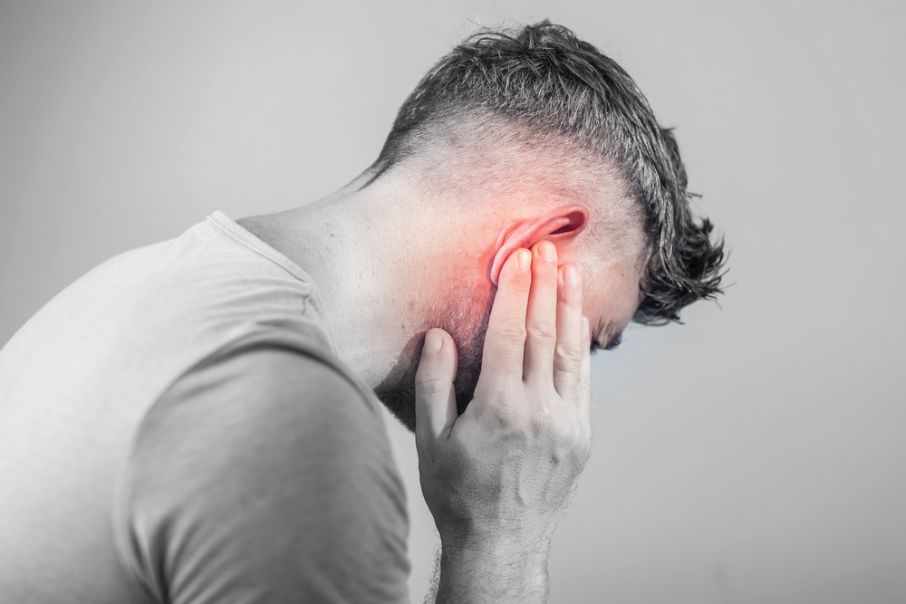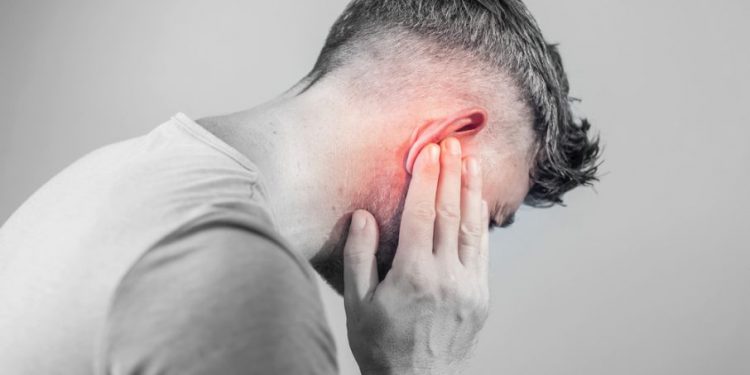Hyperacusis symptoms may be hard to describe, but for those with the condition, it can feel like the world’s volume has been turned up to 11, making everyday sounds – such as jackhammers drilling into sidewalks or the sound of leaf blowers – impossible to tolerate. Symptoms can be debilitating and, in some cases, lead to social isolation, anxiety and depression.
Symptoms of reduced sound tolerance are very common and can range from mild to severe, depending on the person. They often occur at the same time as hearing loss.
Over-sensitivity to loud sounds is a sign of an underlying issue with the way your brain processes sound. It can be a result of hearing loss, head injury or ear infections.
It can also be a symptom of other conditions, such as Bell’s palsy and migraines.
Your GP or a specialist in hearing disorders, such as an otolaryngologist (ear, nose and throat doctor) or an ENT, can help diagnose your symptoms. They’ll look at your ears, note your medical history and confirm a diagnosis through a hearing test.
In the test, they’ll record minus decibel levels and your hearing sensitivity. They’ll then use these results to compare your hearing sensitivity to other people’s and to assess how much hyperacusis you have.
They’ll then ask you to complete a questionnaire about your sensitivity to sounds and how this affects your life. This will help them identify any other factors that may be contributing to your sensitivity.

Your doctor may then order a number of tests to rule out any other possible causes for your symptoms. If they suspect that your sensitivity is caused by a structural problem, such as facial nerve paralysis, they’ll order imaging procedures and lab work.
Treatment for hyperacusis usually involves retraining the brain to accept the sounds that it normally perceives as normal and quiet. This is done using a device that produces a very gentle static-like sound (white noise). It can take up to 12 months to achieve this and should gradually improve your tolerance of everyday sounds.
A person with hyperacusis can also have tinnitus, a ringing or buzzing sound in the ears. It’s a common symptom of this condition, and can be managed through sound therapy, cognitive-behavioral therapy or by changing your lifestyle.
Some people find it helpful to wear earplugs to muffle the sound and avoid situations where they think they’ll encounter uncomfortably loud noises. However, these devices can make symptoms worse in the long term and can cause anxiety and isolation.
During the process, your therapist may encourage you to try to introduce sound back into your life, slowly and carefully. This can be difficult and can be frustrating at times, but it’s a necessary step in treating hyperacusis.
It can be a challenging journey to treat hyperacusis, but with time and patience, most people do improve. The biggest danger is setbacks, which can wipe out all your progress if you let too much noise into your life.









